Ukraine is a country located between Russia and Europe. Since declaring independence in 1991, Ukraine has been a strongly divided country and this crisis is a result of major internal divisions. The population is divided between pro-Russian and pro-European. According to political scientist Leonid Peisakhin, Ukraine “has never been and is not yet a coherent national unit with a common narrative or a set of more or less commonly shared political aspirations.”
The crisis was initially an internal one, but then rapidly escalated to what is now the tensest situation between the US and Russia since the Cold War.
A look at the facts
In November 2013, President Viktor Yanukovych was offered a deal for a stronger integration with the EU, his rejection caused major mass protests, which he violently put down. Many Ukrainians wanted the deal, not only because they feel closer to Europe culturally, but mainly to save their weak and troubled economy. It was not only an economical deal, but also a political one. Protestors were mainly students and young people, trying to save their country, fight against corruption, make a change. This was the breaking point: Russia backed Yanukovych, while the US and EU backed the protesters. As protests continued and turned into anti-government protests, Yanukovych was forced to leave the country, seeking Russia’s support.
In the meantime, Russia wanted to reinforce its influence on Ukraine, so in March 2014 Russian troops slowly arrived in Crimea, a peninsula situated south of Ukraine and surrounded by the Black sea and the Sea of Azov, which used to be Russian territory.
A power struggle for Crimea
Crimea is in a strategical position, having 3 main ports on the Black sea and its territory has sparked fights for domination for centuries. On March 16, Crimeans voted for their region to become a part of Russia. Most of the world sees Crimea’s secession vote as illegitimate for various reasons: it was held under pressing Russian military occupation with no international monitoring and many reports of intimidation; it was pushed through with only a couple of weeks’ warning, and it was illegal under Ukrainian law. Still, legitimate or not, Crimea has effectively become part of Russia.
A draft UN investigative report found that critics of secession within Crimea were detained and tortured in the days before the vote; it also found “many reports of vote-rigging”.
US and EU united against Russia
The US and European Union have imposed economic sanctions on Russia to punish Moscow for this, but there is no sign that Crimea will return to Ukraine. Russia’s sanctions have hit many of the EU’s agricultural states, especially the closest ones.
The Netherlands – the world’s second-largest exporter of agricultural products – is set to lose 300 million euro annually from canceled business with Russia. Poland as well was hit hard by the Kremlin’s sanctions. Spain, a large exporter of oranges to Russia, is estimated to miss out on 337 million euro in food and agriculture sales, while Italy has estimated its losses at nearly 1 billion euro.
From the beginning of the Ukraine crisis, Russia feared losing influence on Ukraine and that their neighbors would fall under what Moscow sees as a Western conspiracy to surround Russia with inimical governments. It’s very difficult for many Russians to untangle their own history from Ukraine’s and accept the equality and legitimacy of the Ukrainian culture parallel to their own. Since April, pro-Russian rebels have been colliding with Ukrainian troops in the eastern part of the country, taking over government buildings and cities. Several Ukrainian military planes have been shot down and a Malaysian Airlines flight as well, killing more than 300 civilians. Of course, neither Kiev nor Moscow admitted taking part in the incidents.
These deaths attracted major attention; the world could not stand back and ignore the conflict anymore.
The Ukrainian response, especially a youth response
Ukrainian Prime Minister Arseniy Yatsenyuk announced the start of “Project ‘Wall” in September, the building of a wall along its borders is a strong statement. Yatsenyuk said that Ukraine should be clear about who its enemy is, the former Soviet neighbor has become an “aggressor”.
The US has provided non- lethal aid (food, body armors, etc.) instead of weapons to Ukrainian forces. This is a strong affirmation of the US to avoid any further worsening of the situation.
Since March 2014, the Ukrainian government has sent letters to young men to invite them to join the army. Surprisingly, many young Ukrainians joined without second thoughts. Mainly the reason they had was helping restore law and order in Ukraine. We should certainly learn from these motivated young people protesting and ready to fight for their rights.
Hopefully the youth will stop the conflict and save Ukraine.
About the Author:
A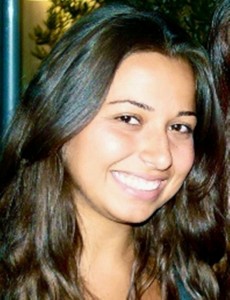 lessandra (22) is Chairwoman of the Youth Council for the Future (YCF). She is involved with the “My Europe” Initiative since 2012.
lessandra (22) is Chairwoman of the Youth Council for the Future (YCF). She is involved with the “My Europe” Initiative since 2012.
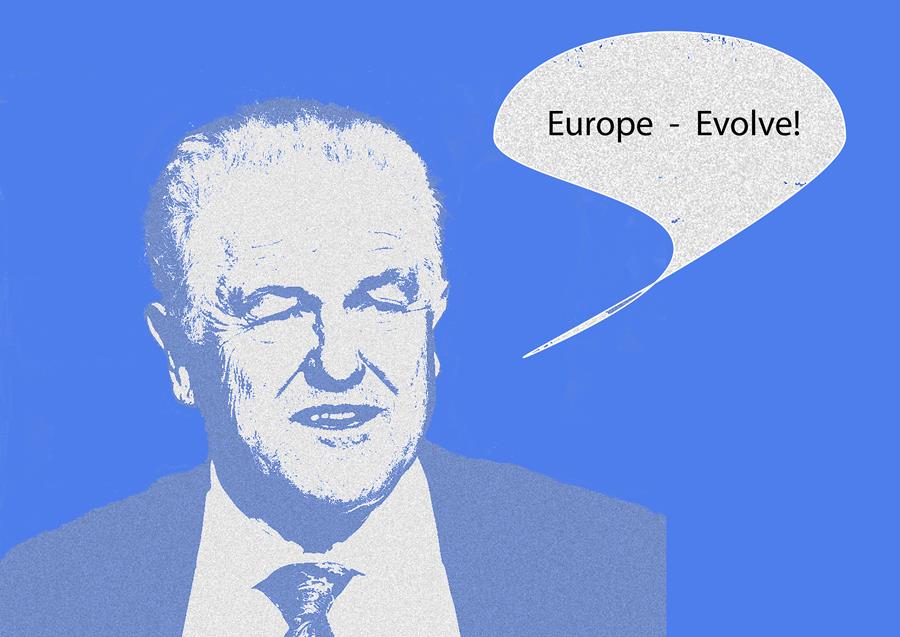
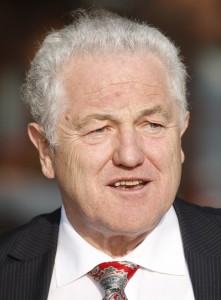 Prof. Dr. Manfred Pohl is the Founder and Chairman of Frankfurter Zukunftsrat, the think tank that organises “My Europe”. more…
Prof. Dr. Manfred Pohl is the Founder and Chairman of Frankfurter Zukunftsrat, the think tank that organises “My Europe”. more…
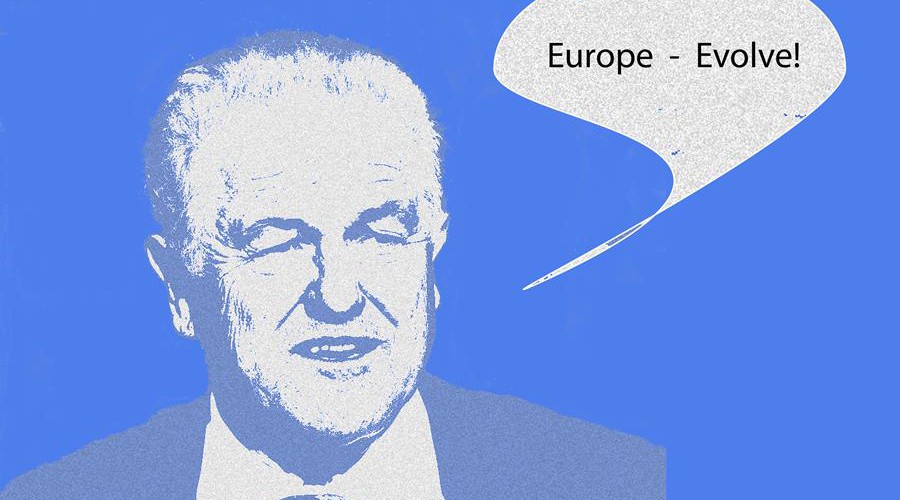
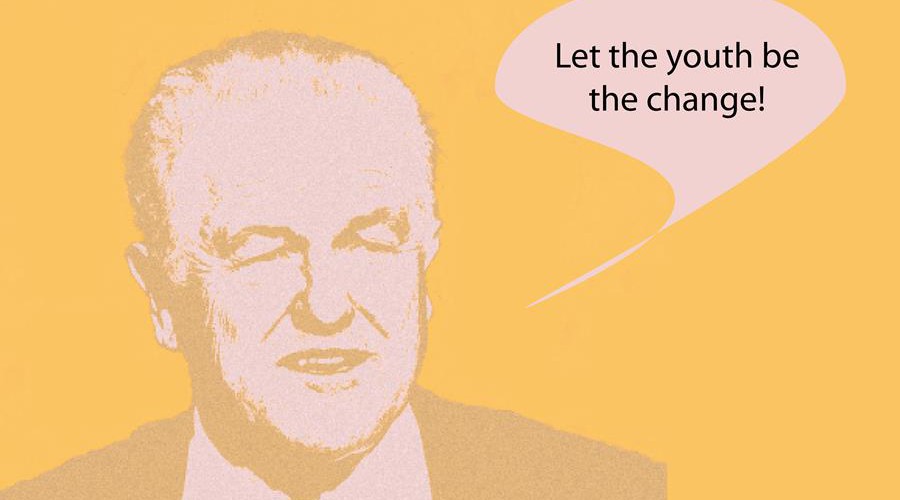
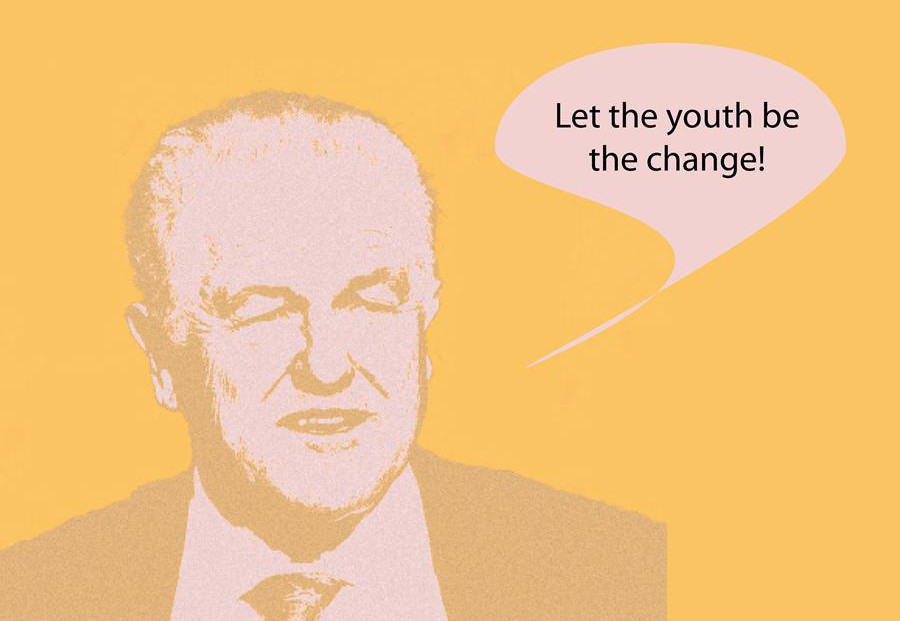
 lessandra
lessandra